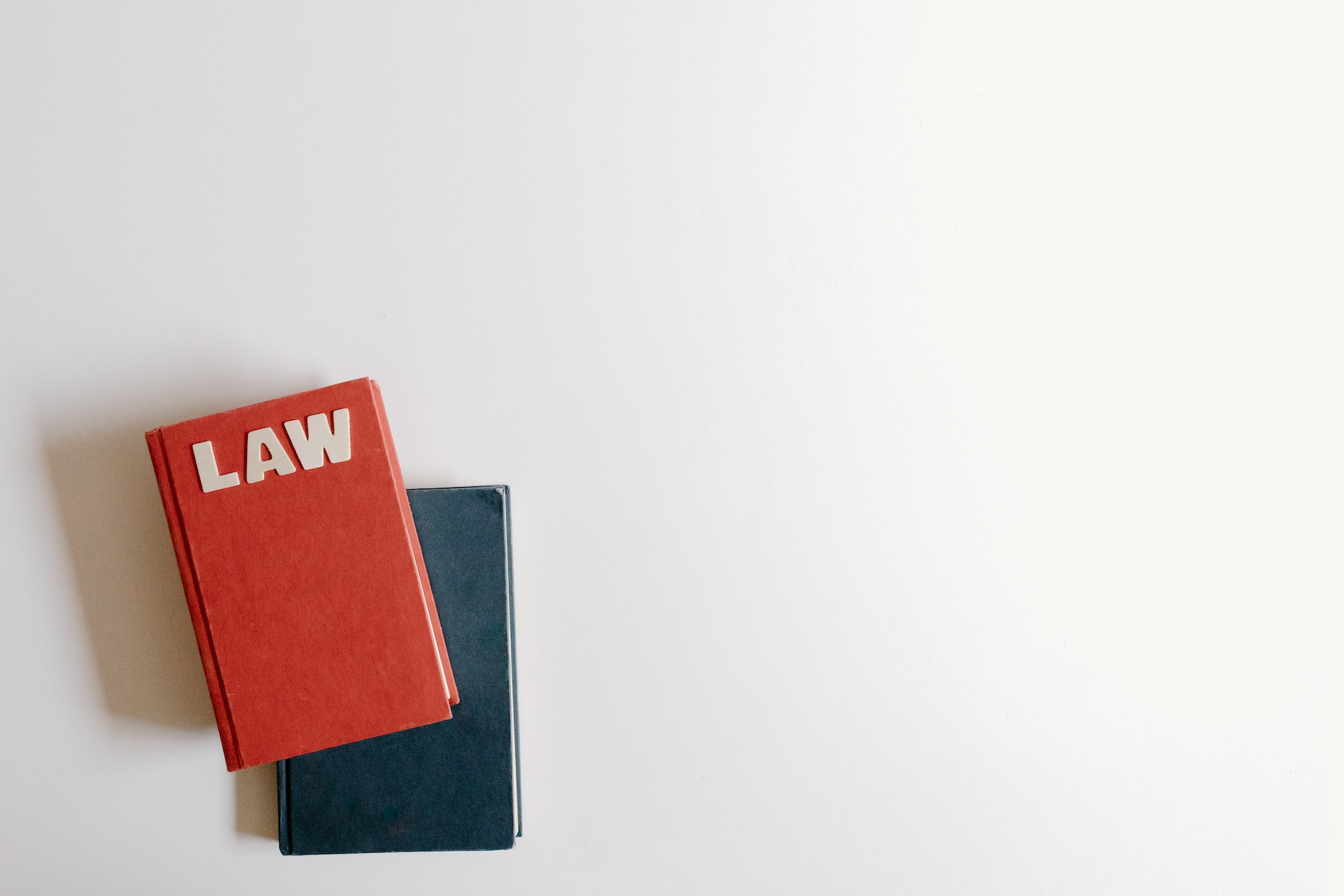INTRODUCTION
The body of law in a State consists of substantive and procedural law. The former prescribes those rules of Civil conduct which declare the rights and duties of all subject to the law. The latter relates to the remedial agencies and procedures by which rights are maintained; their invasion redressed, and the methods by which such results are accomplished in judicial proceedings.
DEFINITION OF SUBSTANTIVE LAW
According to Salmond:
It is concerned with the ends that the justice administration seeks to achieve. It relates not to the litigation process but its purpose and subject matter.
DEFINITION OF PROCEDURAL LAW
The procedure means the mode by which legal right is enforced.
According to Salmond:
The law of procedure is the branch of law that governs the litigation process.
BEST EXAMPLE
Pakistan Penal Code (PPC) is a substantive law that defines wrongs and prescribes their punishment. The Code of Criminal Procedure (CrPC) 1898 is the procedural law specifying how to prove the wrongs and enforce respective disciplines.
DIFFERENCE b/w SUBSTANTIVE AND PROCEDURAL LAW
1. Rights:
SUBSTANTIVE LAW: It defines nights.
PROCEDURAL LAW: It prescribes the modes to enforce rights
2. Litigation:
SUBSTANTIVE LAW: It concerns the purpose and subject matter of litigation.
PROCEDURAL LAW: It governs the process of litigation and relates to actions of civil and criminal proceedings.
3. Ends of Administration of Justice:
SUBSTANTIVE LAW: It deals with the ends that the administration of justice contemplates.
PROCEDURAL LAW: It deals with the means and instruments by which the ends of the administration of justice are to be attained.
4. Conduct and Relation:
SUBSTANTIVE LAW: It determines the conduct and relation of the parties regarding matters litigated.
PROCEDURAL LAW: It regulates the conduct and relations of courts and litigants concerning litigation.
5. Facts:
SUBSTANTIVE LAW: The question of what facts constitute a wrong is determined by substantive law.
PROCEDURAL LAW: What facts constitute proof of wrong is a question of procedure.
6. Regulation of Affairs:
SUBSTANTIVE LAW: It relates to matters outside the court.
PROCEDURAL LAW: It regulates the affairs inside the court
7. Abolition of Punishment:
SUBSTANTIVE LAW: Abolishing capital punishment is an alteration of the substantive law.
PROCEDURAL LAW: The abolition of imprisonment for debt merely alters the law of procedure.
8. Punishment of an Offence:
SUBSTANTIVE LAW: The offence is punishable by a fine or imprisonment, a question of substantive law.
PROCEDURAL LAW: The offence is punishable summarily or only on indictment, which is a question of procedure.
9. Promulgation:
SUBSTANTIVE LAW: It is promulgated by the supreme legislature.
PROCEDURAL LAW: It is subordinate to substantive law.
TRANSFORMATION OF PRINCIPLES
The difference between substantive and procedural law is one of form and not substance. A rule belonging to one class may, by a change form, pass over into the other without materially affecting the practical issue.
CONCLUSION
The substantive law that defines our rights and duties is essential to all of us. Unless the adjective law of procedure is a working machine, constantly translating these obligations in terms of court orders and actual execution, the substantive law might as well not exist.
FAQs
Explain the difference between substantive law and procedural law.
(2019-A, 2019-A 5 years, 2017-S, 2016-A)
Explain/Highlight the difference between substantive law and procedural law.
(2012-A, 2014-S)
The difference between procedural law and substantive law is one of form rather than substance. Comment.
(2011-S)

